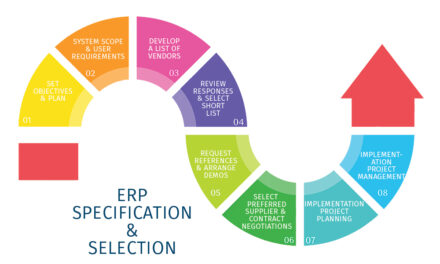In the ever-evolving landscape of real estate, a new player has emerged – Non-Fungible Tokens (NFTs). These unique digital assets are transforming the way we buy, sell, and own real estate. In this blog, we’ll explore the exciting intersection of blockchain technology, NFTs, and real estate.
1. Tokenizing Real Estate: Breaking Down Barriers
Blockchain technology enables the tokenization of real estate, dividing properties into digital shares represented by NFTs. This fractional ownership model makes it easier for investors to participate in real estate ventures with smaller capital contributions. Tokenization has the potential to democratize real estate investment, opening up opportunities for a broader range of individuals.
2. NFTs and Property Deeds: The Digital Revolution
NFTs are not only changing how we invest in real estate but also how we prove ownership. Traditional property deeds are being transformed into digital NFTs, providing a secure and transparent way to verify ownership. This shift has the potential to streamline property transactions, reduce fraud, and simplify the overall real estate transfer process.
3. Access to Global Real Estate Markets
NFTs eliminate geographical barriers, allowing investors to participate in real estate markets around the world without the need for physical presence. This increased accessibility opens up new possibilities for global real estate investment, providing a diverse range of options for investors seeking to diversify their portfolios.
4. Smart Contracts: Enhancing Real Estate Transactions
Smart contracts, powered by blockchain technology, are automating various aspects of real estate transactions. These self-executing contracts can streamline processes such as property transfers, rental agreements, and revenue distribution. The use of smart contracts reduces the need for intermediaries and enhances the efficiency and transparency of real estate transactions.
5. Challenges and Considerations in NFT Real Estate
While the integration of NFTs in real estate brings exciting opportunities, it also poses challenges. Regulatory concerns, security issues, and the need for industry-wide standardization are factors that must be addressed for the widespread adoption of NFTs in real estate. As the technology matures, overcoming these challenges will be crucial for the sustainable growth of the NFT real estate market.
Conclusion:
The intersection of NFTs and real estate is reshaping the future of property ownership and investment. As blockchain technology continues to advance, we can expect NFTs to play an increasingly significant role in the real estate industry, offering new possibilities for investors, developers, and homeowners alike.
Author Introduction:
Pritish Kumar Halder is a real estate enthusiast with a keen interest in emerging trends and technologies shaping the industry. With a background in sustainable development, Pritish is passionate about exploring the intersection of innovation and real estate to create a more sustainable and inclusive future for the built environment.











